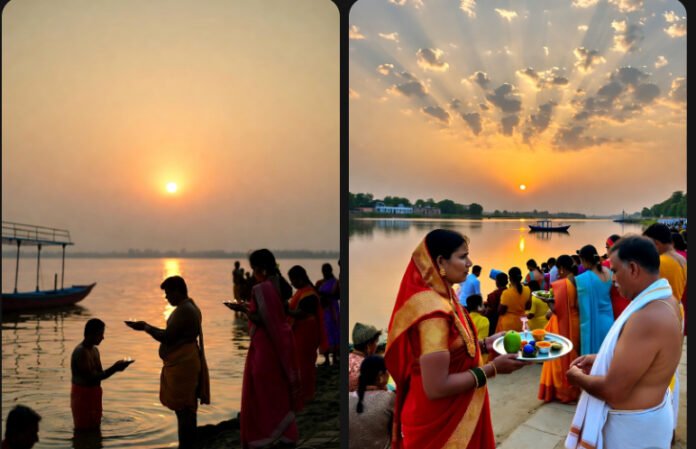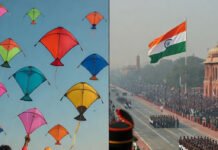New Delhi, October 25, 2025 — The government of the National Capital Territory of Delhi has announced an official holiday on Monday, 27 October, to mark the third and most significant day of the four-day festival of Chhath Puja. At the same time, authorities have mobilised unprecedented preparations to host devotees across the city: more than 1,300 ghats have been readied at major water-fronts, particularly along the Yamuna river, with enhanced sanitation, safety, lighting and cultural infrastructure.
Festival Infrastructure: Ghats, Safety and Facilities
In a concerted effort to facilitate the largely migrant and Purvanchali community that celebrates Chhath Puja in Delhi, the government has undertaken full-scale preparations:
The city will host around 1,500 designated ghats across various districts, including approximately 1,300 artificial ghats supplemented by 200 additional sites for overflow.
Among them, 23 large natural ghats along the Yamuna and 17 model ghats are being developed with upgraded amenities: tents, drinking water, toilets, seating, lighting and security.
The government has launched a special sanitation and environmental drive to clean the river banks, monitor water-quality and remove foam or pollutants ahead of the festival.Senior officials, including Chief Minister Rekha Gupta, personally inspected key locations — among them Pochanpur Ghat in Dwarka Sector 23B — to oversee arrangements and deployments.
“Every effort is being made so that devotees can perform rituals peacefully and comfortably,” said CM Gupta during her inspection.
The holiday announcement and ghat preparations reflect the government’s desire to foster inclusive participation in the festival while ensuring public safety and convenience.
Social and Cultural Significance
Chhath Puja is a four-day Hindu festival dedicated to the Sun God (Surya) and his sister Usha (Chhathi Maiya). It holds special significance in the states of Bihar, Uttar Pradesh and Jharkhand. The third day of the festival, when offerings are made at sunset and sunrise on river-banks, is particularly sacred.
For Delhi’s large Purvanchali migrant population, the festival is not only a religious observance but also a cultural anchor. The arrival of state support — in the form of official holiday and upgraded ghats — is being widely welcomed.
According to one community leader:
“This year we will worship at well-equipped and safe ghats — the government’s efforts mean we can celebrate without fear of logistics or water-hazard.”
The improved infrastructure and holiday provision may also enhance participation from older devotees and families who previously faced logistic hurdles.
















